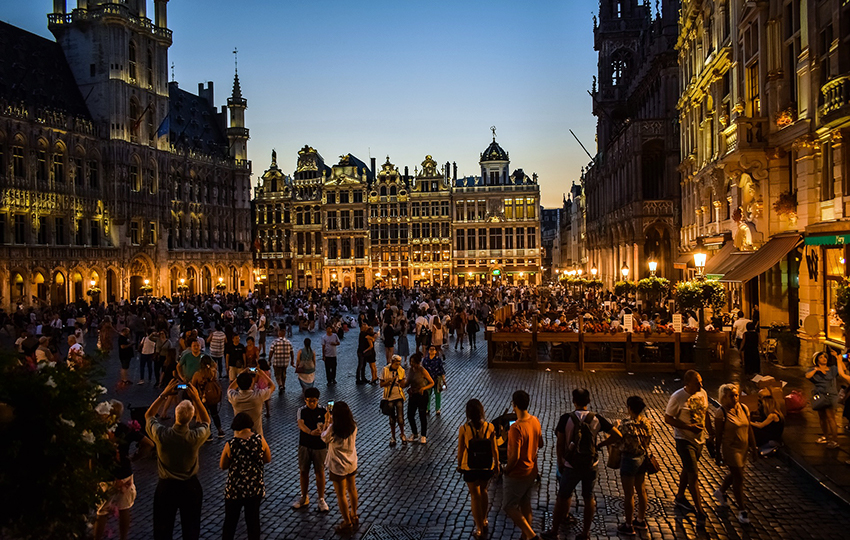Some of the most important drivers for growth in Europe are the various forms of cultural tourism. They add to the economic development of European regions and urban areas and they help create new job positions. Another important part of their contribution is that they drive intercultural understanding and social development in Europe. That is achieved through the discovery of various types of cultural heritage.
The effects of Cultural Tourism
Cultural tourism brings down borders. It invites people in and brings them towards regional as well as local cooperation. However, despite its importance, it is not yet entirely developed. In the European area, there are many steps to be taken in order for cultural tourism to reach its full potential. There is a lot to be exploited and explored still. We can clearly see that the level of developments between certain regions and sites is still very unbalanced.
There are many cultural areas around Europe that are still, deprived remote, peripheral or even unindustrialized. At the same time, other areas of equal importance are being exploited to the maximum, providing everything they have to offer to the locals. At times, even exploited in an unsustainable manner.
All around Europe there is a lack of significant knowledge, in terms of the availability of quantitative and qualitative data regarding the exploitation phenomenon of cultural sites and cultural heritage tourism, in general. Simply put, people do not yet understand the important contribution of cultural heritage to the European economy and European social development.
The European Initiative
In terms of cultural tourism and its effects on society, IED has a lot of experience through the implementation of EU Projects. Therefore when it comes to European initiatives focusing on the cultural development of all sorts, IED does have a lot to offer.
Once again, through major European Financial Frameworks, the European Union is aiming at remedying the situation. In particular, the call ‘’Innovative approaches to urban and regional development through cultural tourism’’ under the Horizon 2020 framework, is a call targeted on just that. It invites people and organizations to submit proposals focusing on assessing cultural tourism and its effects on the development of European regions and urban areas.
Through the proposals, organization and interested stakeholders should look into motives that will enhance cultural tourism as well as all outcomes that could occur through it. How will remote, urban areas be helped? How will cultural tourism help with the regional economy and social development? And the most important question of all, how much time will it take for all of this to settle?
The main focus needs to be the impact, in urban, remote areas. Already established cultural sites, are already adding to the local and regional economy in many ways. Creating jobs is one of them. The areas that are not receiving the same attention appear to have a lot of potential. Focusing on these areas and using modern technology to spread the word could have a lot faster and a lot better results.
What should the proposal be about?
On a second level, the proposals will also need to focus on the tools that will be needed in order to achieve the development of cultural tourism in these areas and of course the development of the local economy and local society. Digital tools will be a priority of course. They will not only be able to ‘’spread the word’’ of cultural heritage all around Europe but they will also be able to improve and strengthen relationships between the European countries.
Innovative methods and techniques, including statistical tools and indicators, for measuring and assessing various practices and impacts of cultural tourism should be developed and tested. Proposals should also deploy place-based and participatory approaches to investigate the relation between intra-European cultural tourism and Europeanisation and whether it impacts identities and belonging.
It is expected by the EU that the proposals submitted for the designated amount of 3 million euros, will address these challenges appropriately. Nonetheless, this does not preclude submission and selection of proposals requesting other amounts.
IED is interested in building a consortium and addressing this problem. Investing resources and conducting research to enhance cultural tourism is a growing need. Are you interested in this call? Do you have an innovative idea that could be turned into a great project proposal? Do not hesitate to contact our offices today and Be our partner. Let’s build a strong consortium and promote cultural heritage together!

